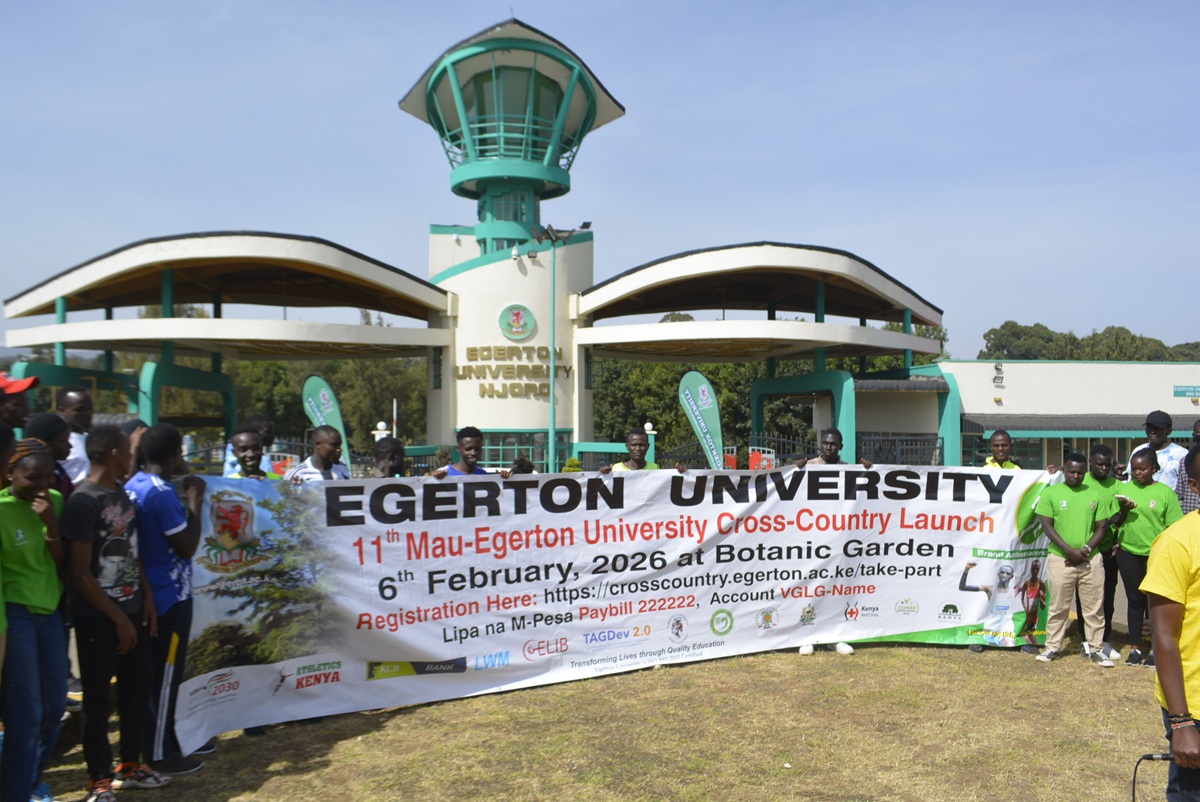By Kurian Musa
Egerton University, in collaboration with Utrecht University in the Netherlands, has launched its First Intensive Laboratory Animal Science Course at the Faculty of Veterinary Medicine. The training, a milestone in advancing Laboratory Animal Science in Kenya, is being coordinated by Dr. Nderitu Nyaga and aims to enhance skills and knowledge in the ethical handling of laboratory animals for research and education.
This course focuses on building the capacity of researchers to handle rodents and rabbits, species commonly used in laboratory experiments. It emphasizes the importance of ethical considerations and the need for knowledge, expertise, and a proper attitude when conducting animal-based research.
Significance for Kenya
Laboratory Animal Science remains underdeveloped in Kenya despite the increasing use of laboratory animals in research. This collaboration positions Egerton University as a pioneer in addressing this gap, equipping researchers with the tools needed to conduct ethical and high-quality research.
Egerton University’s proactive approach exemplifies its dedication to advancing academic excellence and sustainable development in line with global best practices.
The Faculty of Veterinary Medicine, under the leadership of Dean Dr. Caleb Orenge, has been instrumental in supporting the development of such cutting-edge programs. Dr. Orenge affirmed the faculty’s commitment to crafting sustainable initiatives aligned with global standards to benefit both students and the wider community.
“By introducing this program, Egerton University joins the ranks of leading global institutions offering specialized training in Laboratory Animal Science. It is a significant step towards fostering sustainable development in veterinary medicine and research,” noted Dr. Orenge.
Focus on International Standards
The course integrates internationally recognized principles, such as the 3Rs (Replacement, Reduction, and Refinement), essential for ethical animal research. It also covers topics like laws and regulations on animal testing, experimental design, animal welfare, and research ethics.
Participants are required to complete both a basic course and a species-specific module to qualify for certification. The training prepares researchers to design and perform animal experiments responsibly, ensuring minimal harm to animals while maximizing the validity of their research findings.
Utrecht University has been a global leader in Laboratory Animal Science education since 1986. The program, accredited by FELASA (Federation of European Laboratory Animal Science Associations) since 2019, meets stringent international requirements.
For more updates: Webiste: www.egerton.ac.ke , email:







